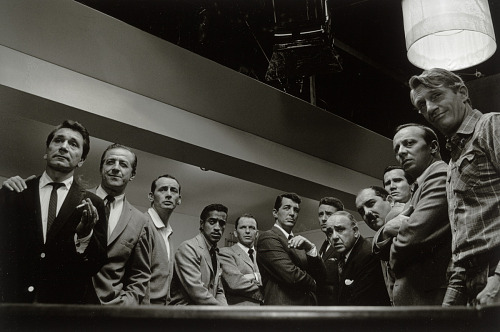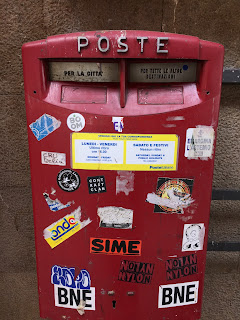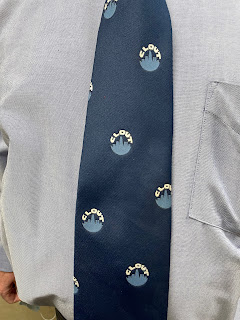Whenever I’m cataloguing the benefits of being Jewish — bountiful comfort food, emphasis on education and family, interest-free loans from George Soros — I always include the advantage of being in an extreme minority. About 1% of Americans are Jewish.
Not a lot. And steadily dwindling due to assimilation and intermarriage. Which is a shame. Because being an outsider has advantages. It sharpens your powers of observation. What is unquestioned, standard operating procedure to the majority is strange to you. It makes you think, even if that thought is, “Why can’t I celebrate Christmas like everyone else?”
There are exceptions. Jewish ultra-Orthodox, like zealots everywhere, have the same tendency to live in uniform bunches, like grapes, and crave conformity. They emphasize learning, but won’t touch a book that isn’t approved.
I’m thinking of mainstream American Jews, whose fish-out-of-water quality contradicts a central value of Christianity — that everyone should be like you, the culture revolve around you, and every shiny surface reflect a person just like you.
They don’t know what they’re missing. Being an outcast encourages you to dance to strange music. To explore places not meant for you. Such as when my younger son was in high school and expressed interest in the University of Notre Dame. We took a road trip, then a tour. That doesn’t mean I left my personality in the car.
“You can be the Jew,” I whispered to the boy — Notre Dame ranks last among the top 25 American universities when it comes to Jewish population.
To Notre Dame’s credit, the cathedral-like stonework of the lovely Jordan Hall of Science includes not only Louis Pasteur and Madam Curie, venerated like saints with full-body statues, but Galileo, whom you may recall got in hot water with the Catholic Church for endorsing the Copernican notion that the earth revolves around the sun. This was heresy because in the Bible, the earth — and mankind — is the center of universe.
To continue reading, click here.










